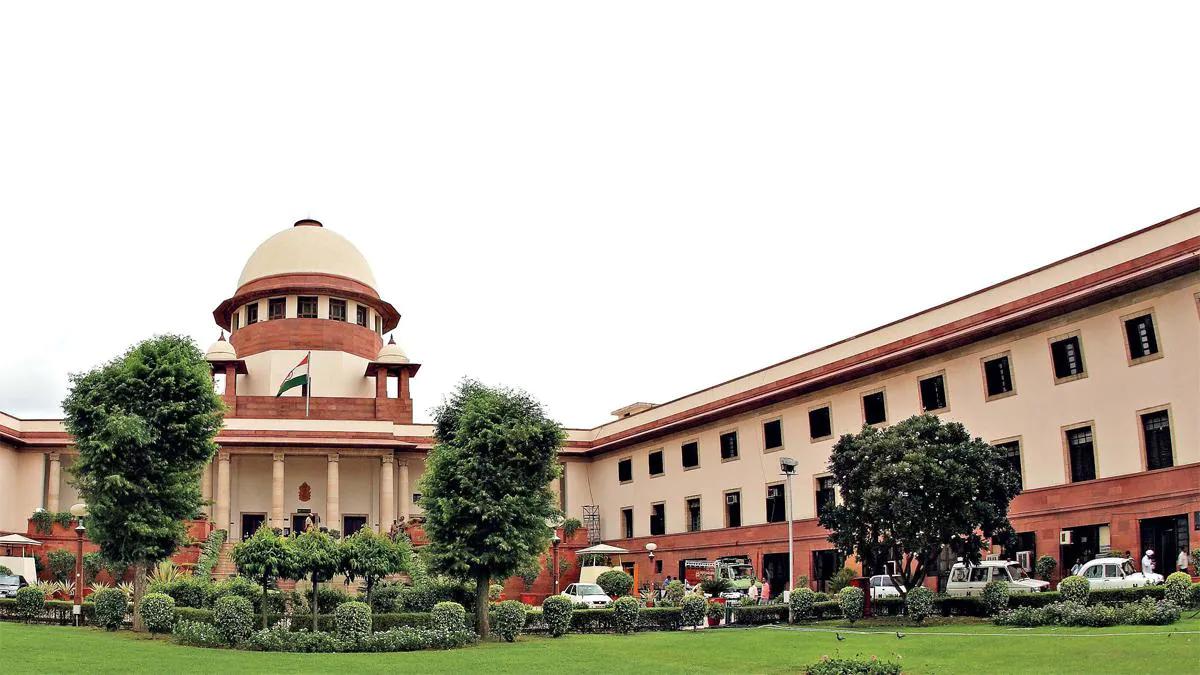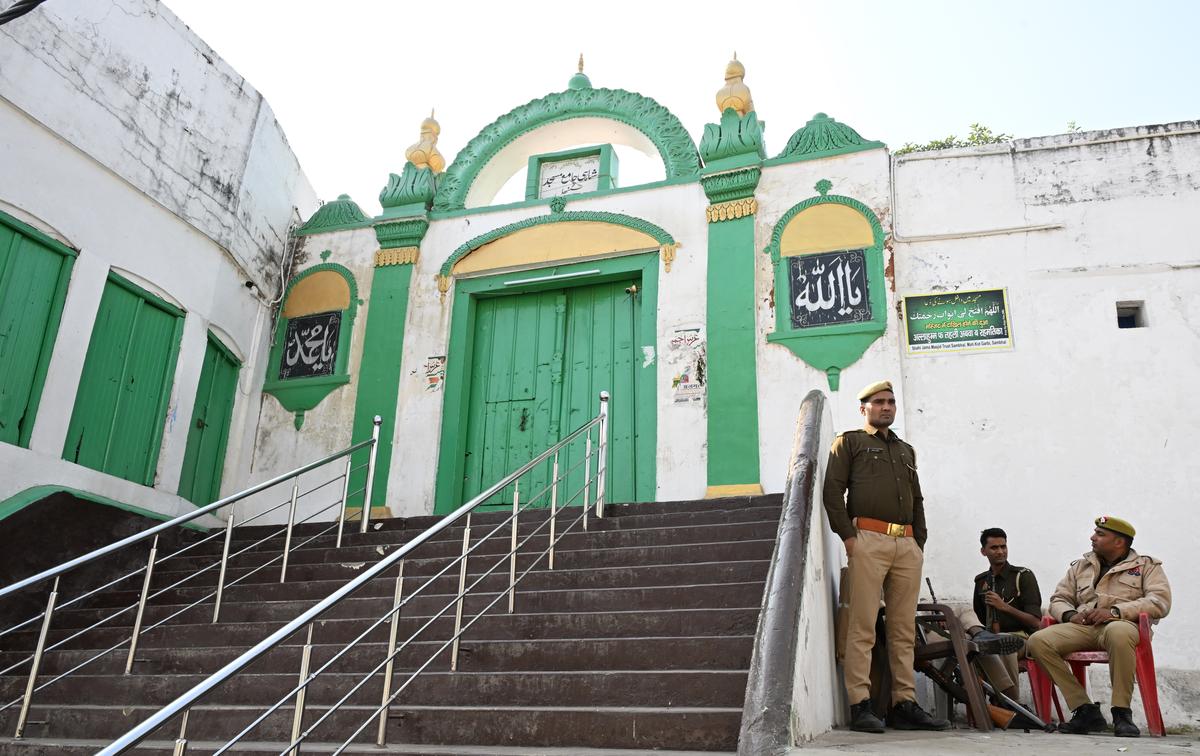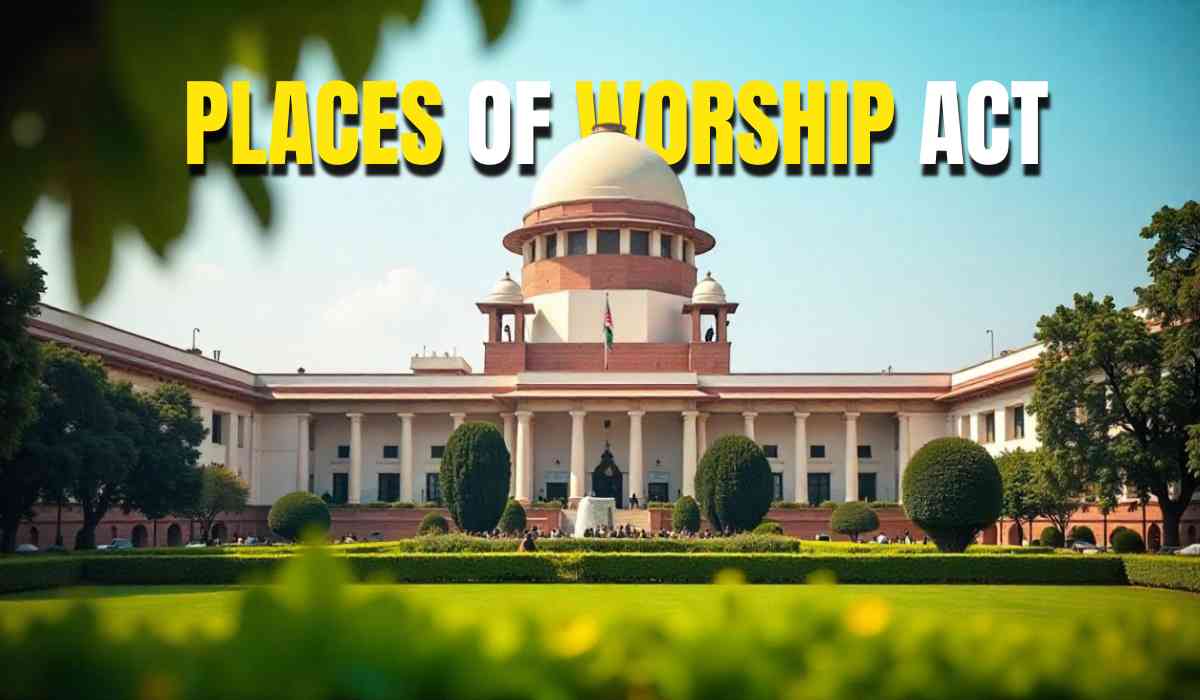The Supreme Court of India will deliberate over an important act known as the Places of Worship Act today. It is the enactment of 1991 aimed at preserving the status of places of worship that existed on August 15, 1947 - an important date marking independence in the country. It's an important hearing today for this very reason: as the result may have broad ramifications concerning the rights of the religions and the communal harmony within the nation.

What is the Places of Worship Act?
The Places of Worship Act was enacted to preserve the religious character of all places of worship as they existed on August 15, 1947. This means that if a temple, mosque, or any other religious site existed at that time, its status cannot be changed. This only leaves aside the Ayodhya site that already had cases filed prior to the Act coming into place. The Act was proposed when the disputes on the religious sites were more and this time was very acute with Hindus and Muslims having fights over them.
The Supreme Court is taking this up because:
Today, a special bench of judges will hear several petitions challenging the constitutionality of certain provisions of the Places of Worship Act. The critics say that the Act is unjust because it denies the opportunity to individuals and religious groups to seek legal remedies for reclaiming places of worship or changing their status. They believe this runs contrary to principles of fairness and equality enshrined in the Indian Constitution.

Who are the Judges?
Judges present at this crucial deliberation are:
- Chief Justice Sanjiv Khanna
- Justice Sanjay Kumar
- Justice K V Viswanathan
What Do People Think?
There are two extreme views regarding the Places of Worship Act. One believes that it plays an essential role in ensuring peaceful coexistence among different religious groups as it prevents the escalation of disputes over places of worship. The other holds that it deprives them of their rights to regain the properties they feel rightly belong to them.

Concerns Raised
Several petitions have raised key concerns relating to the Act:
- Judicial Remedy: There is a criticism that law deprives a person of his rights to seek redress from courts, which is integral to the enforcement of the constitutional values.
- Inequality Among Religions: The Act is said to favor one religion over others; this is contrary to the principle of equality before law.
Legal Background and Implications
A critical juncture has now arisen as the Supreme Court review follows widespread debates on religious rights in India. According to this law, there shall be no alteration in any places of worship, and new litigation cannot be filed for any existing disputes over the said place. Critics believe that such an "arbitrary and irrational retrospective cut-off date" affects the several communities - Hindu, Jain, Sikh, and Buddhists alike.
Prominent figures approached the Supreme Court to challenge this law, arguing that it was vital for protecting India's social fabric and maintaining communal harmony. They argued that settling already decided religious disputes would raise the tension and conflict in society. The Supreme Court ruling today may well determine the course of the treatment of religious places in India. It is a defining moment for many who care deeply about their faith and their historical claim to these places. As these discussions continue, the outcome will likely structure the debate that follows on religious rights and equality in India.
With inputs from agencies
Image Source: Multiple agencies
© Copyright 2024. All Rights Reserved Powered by Vygr Media.





















